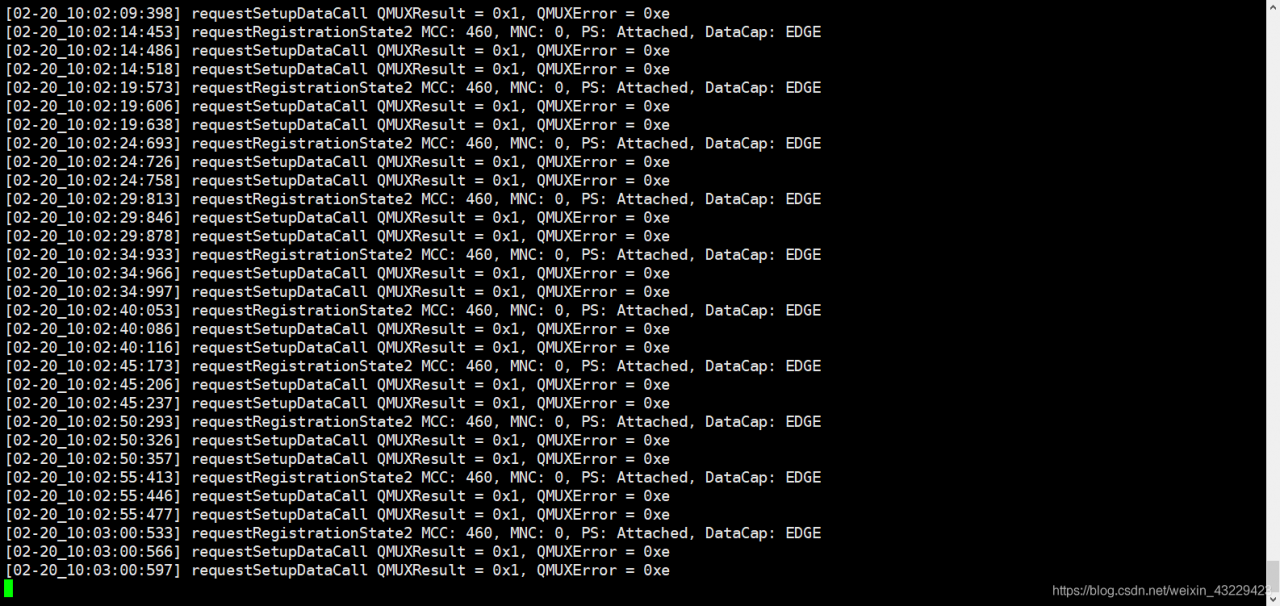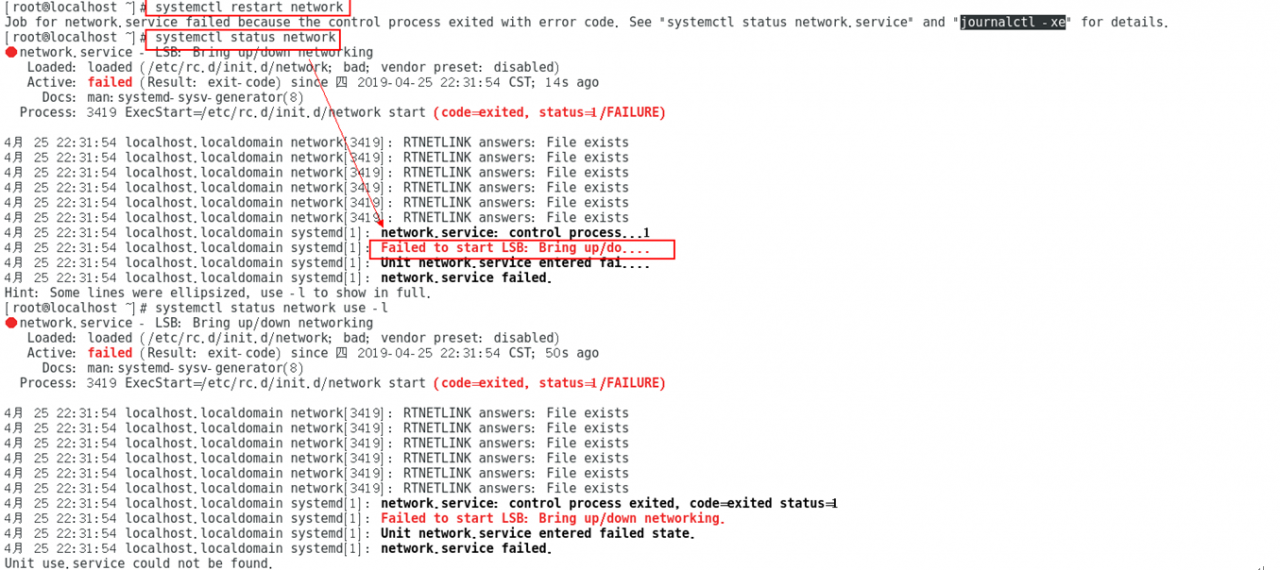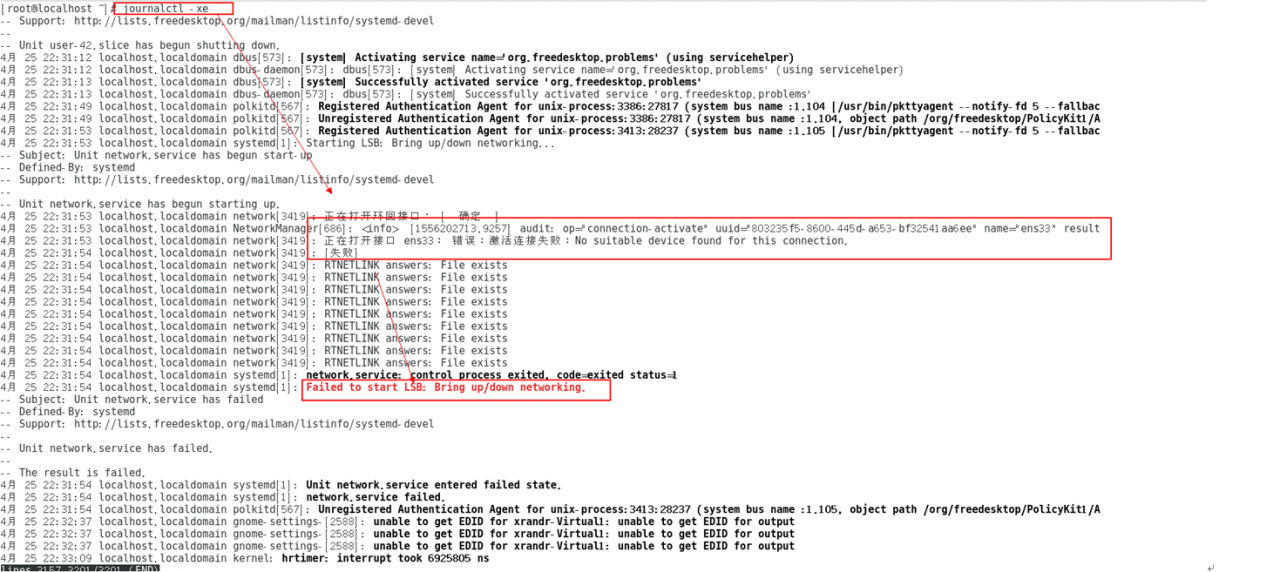When installing the package generated by rpmbuild, the following error occurred:
/var/tmp/rpm-tmp.YiDXeN: line 374: syntax error: unexpected end of file
Solution:
Write a shell script:
#!/ bin/bash
while [ 1 -eq 1 ]
do
cat -n /var/tmp/rpm-tmp.*
done
Then execute./Sh_ test.sh
Another window starts the installation, and you can see in the front window where the error stopped.
If/var/TMP/rpm-tmp.6ljgwm: Line 374: syntax error: unexpected end of file
Generally, if and fi are not paired. You can use Notepad + + statistics to see if Don’t count elif
Or use Notepad to open the spec script, highlight if and see the pairing.
have not closed a control structure such as a missing fi with an if, or a missing done with a for.


